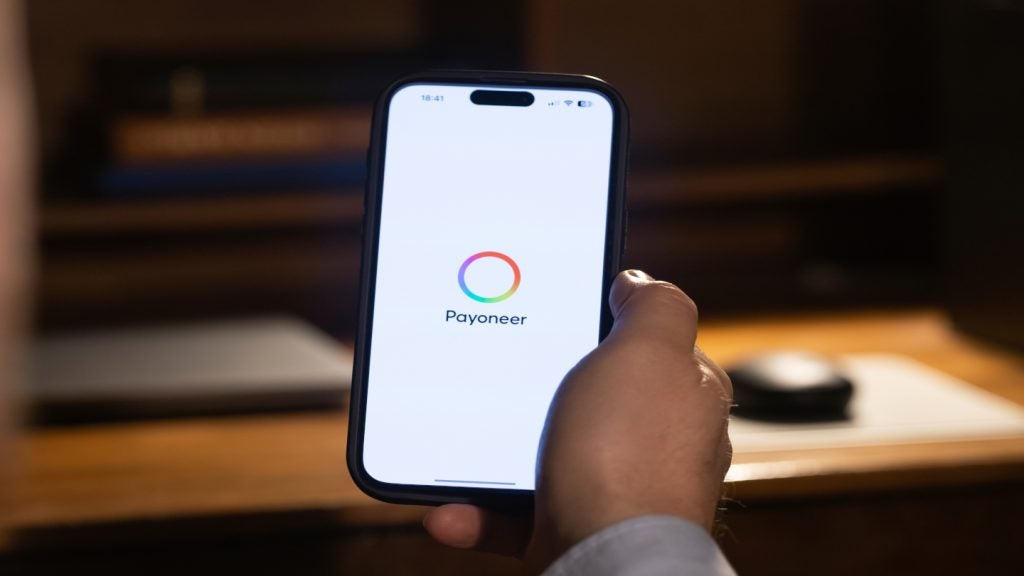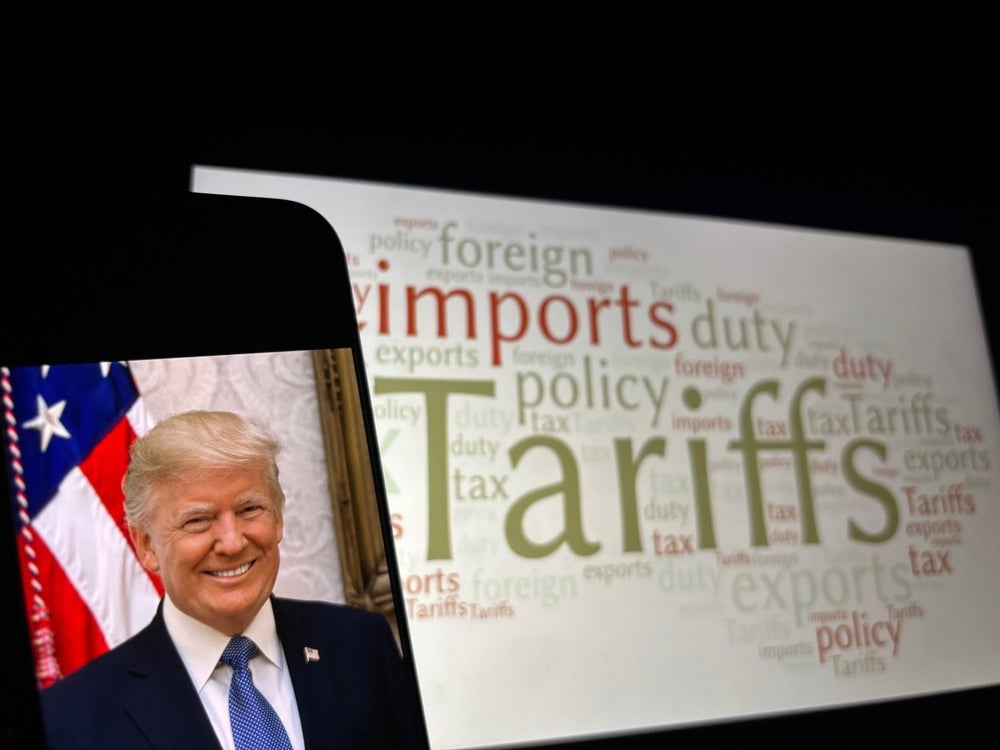President Trump’s plan to repeal the Dodd-Frank Act will rid the US of the Durbin Amendment, but it will not result in a better deal for consumers, according to GlobalData Financial Services
The new US president has his sights set on deregulating the financial services market, setting in motion his plan to repeal the Dodd-Frank Act of 2010 with an executive order, signed on February 3 requiring that the act be reviewed. These plans will have far-reaching consequences on the economy, access to credit, and on the price of consumer goods and financial services through the loss of rules in the act known as the Durbin Amendment. These rules, which were enacted in order to get a better deal for merchants in the debit card market, have had severe unintended consequences that have ultimately harmed consumers.
The Durbin Amendment set a cap on the fees banks charge merchants to accept debit card transactions, but the savings merchants have made since its enactment have not been passed on to consumers. By restricting banks’ income from debit card fees, the regulation also led to a general trend towards higher fees on consumer accounts as banks attempted to make up the revenue shortfall, ironically making it more difficult for consumers to use electronic payments. And while merchants argued for fee caps on the basis that the cost of those fees was borne by the consumer in the form of price increases, the savings from those caps have not actually been passed on to consumers.
The loss of the Durbin Amendment would return control of card transaction fee prices to the payments industry. However, it will not return the market to the state it was in before the amendment was passed, or reverse its consequences. The immediate effects of President Trump’s executive order will be minimal – the machinery of the state moves slowly, and the president cannot unilaterally repeal US statute law, but if he succeeds the effects on the payments market will be far-reaching.
Banks will of course benefit from potentially higher income from card fees, although it will be consumers who ultimately pay for this, as merchants will raise their prices to compensate for their reduced profits. Consumers will not necessarily see reduced account fees from their bank either (even though banks will regain the profit margins that would allow them to do so) when they have already become used to paying the new, higher fees. After all, when it was merchants that gained from government intervention, consumers did not reap the benefits. Market forces may eventually drive prices down, but with the Trump administration’s attitude towards “restricting” businesses with regulation there will be no other pressure to reinstate free debit card accounts.
In repealing the Dodd-Frank Act, President Trump will bring control of the payments industry back to the industry itself, but the genie is already out of the bottle. The Durbin Amendment has altered the US payments market, and the changes will not reverse at the stroke of a pen.







